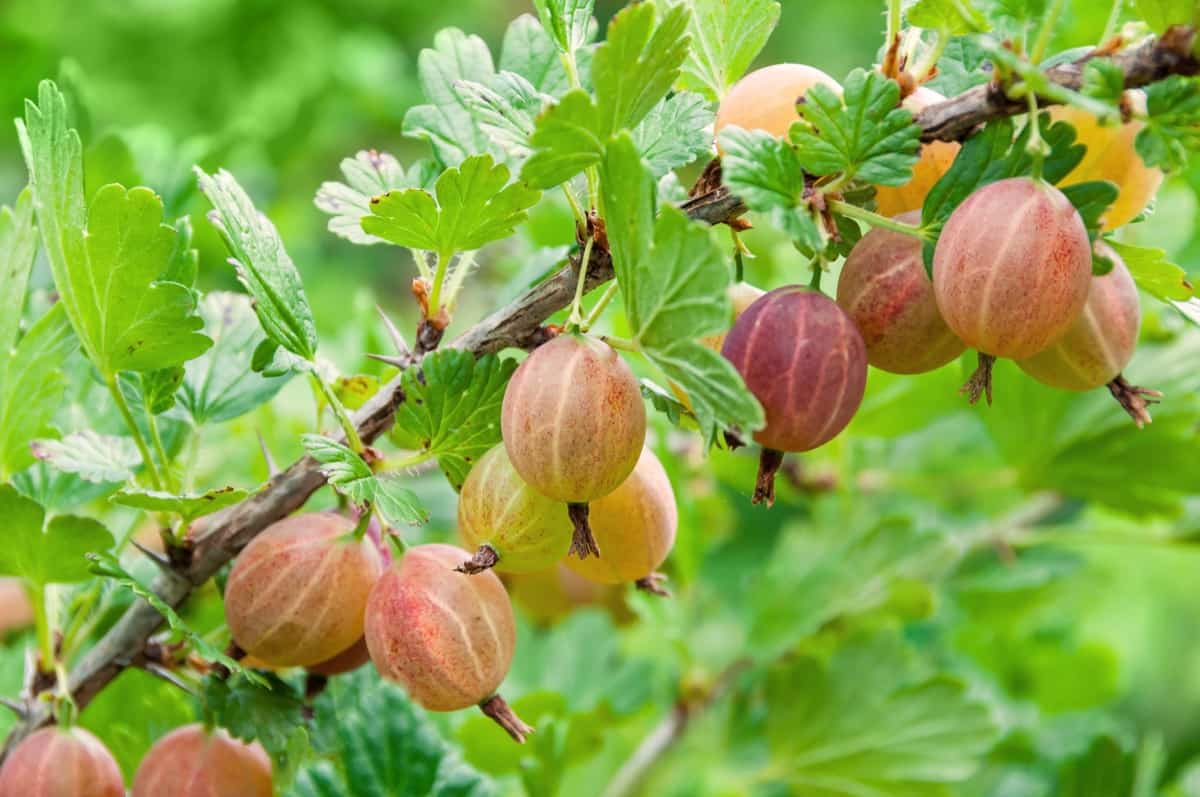Top 10 Tips for Year-Round Garden Care

Maintaining a beautiful garden throughout the year requires dedication, knowledge, and a strategic approach. Each season presents unique challenges and opportunities for gardeners, making it essential to understand how to care for your garden during different times of the year. Whether you are an experienced gardener or a novice, these top 10 tips for year-round garden care will help you keep your garden healthy and vibrant in every season.
-
Spring Tips
-
- Soil Preparation and Fertilisation
- Spring marks the beginning of the growing season, making it the perfect time to prepare your soil. Start by clearing any debris and weeds from your garden beds. Loosen the soil with a garden fork or tiller to improve aeration and drainage. Incorporate compost or organic fertilisers to enrich the soil with essential nutrients. This preparation will provide a solid foundation for your plants to thrive.
- Planting New Flowers and Vegetables
- As temperatures warm up, it’s time to plant new flowers and vegetables. Choose plants that are suitable for your local climate and soil conditions. Spring is ideal for planting perennials, annuals, and a variety of vegetables like tomatoes, peppers, and lettuce. Be sure to follow the planting instructions for each type of plant, including proper spacing, depth, and watering requirements.
-
Summer Tips
-
- Efficient Watering Techniques
- Summer heat can be harsh on your garden, making proper watering essential. Water your plants deeply and infrequently to encourage deep root growth, which helps plants withstand drought conditions. Water early in the morning or late in the evening to minimise evaporation. Consider using soaker hoses or drip irrigation systems to deliver water directly to the roots, reducing water waste.
- Managing Pests and Weeds
- Summer is prime time for pests and weeds. Regularly inspect your plants for signs of pests such as aphids, caterpillars, and beetles. Use organic or chemical treatments as needed to manage infestations. Mulching your garden beds can help suppress weeds and retain soil moisture. Remove any weeds promptly to prevent them from competing with your plants for nutrients and water.
-
Autumn Tips
-
- Preparing the Garden for Winter
- As the growing season comes to an end, it’s time to prepare your garden for winter. Remove any dead or diseased plants to prevent pests and diseases from overwintering in your garden. Prune trees and shrubs to promote healthy growth in the spring. Apply a layer of mulch to insulate the soil and protect plant roots from freezing temperatures.
- Pruning and Mulching
- Autumn is an excellent time for pruning, as many plants are entering dormancy. Trim back perennials, shrubs, and trees to remove dead or damaged branches and shape the plants. Mulching your garden beds with organic materials such as straw, leaves, or wood chips helps retain moisture, regulate soil temperature, and reduce weed growth.
-
Winter Tips
-
- Protecting Plants from Frost
- Winter frost can be damaging to many plants. Protect tender plants by covering them with frost cloths or blankets during cold nights. Move potted plants to sheltered locations, such as a greenhouse or indoors. For perennial beds, consider using a thick layer of mulch to insulate the soil and protect plant roots from freezing temperatures.
- Planning for the Next Growing Season
- Winter is an ideal time to plan for the upcoming growing season. Review your garden’s performance over the past year and make notes on what worked well and what didn’t. Research new plants and garden designs, and order seeds and supplies early. Creating a garden plan now will help you hit the ground running when spring arrives.
-
Bonus Tips
-
- Year-Round Composting
- Composting is a year-round activity that provides a steady supply of organic matter for your garden. Collect kitchen scraps, garden waste, and leaves to create a compost pile or bin. Turn the compost regularly to speed up decomposition and produce nutrient-rich compost for your plants.
- Tool Maintenance
- Keeping your garden tools in good condition is essential for efficient gardening. Clean and sharpen your tools regularly to ensure they work effectively. Oil wooden handles to prevent cracking and rust, and store your tools in a dry, sheltered location to prolong their lifespan.
-
Conclusion
Year-round garden care requires a strategic approach and a commitment to regular maintenance. By following these top 10 tips, you can ensure your garden remains healthy and vibrant through every season. Whether it’s preparing your soil in spring, managing pests in summer, or protecting plants from frost in winter, each task plays a crucial role in the overall health of your garden.
For professional assistance with year-round garden care, consider reaching out to Gardeners in Reading for expert services and advice.









